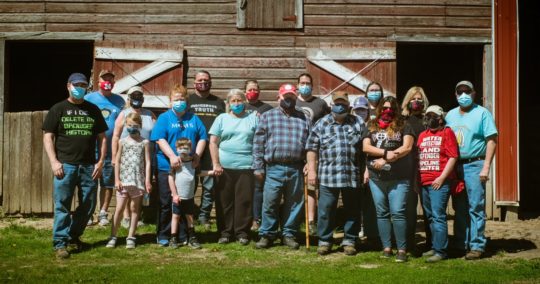After several comments from almost a dozen Nebraska citizens asking the NPPD board to vote down a resolution on TransCanada’s Keystone Export Pipeline, the board voted 9-1 to pass the resolution. Board member Mary Harding was the lone dissenter, after voicing opinions contrary to her peers.
Harding basically argued (and we agree) that the resolution, which calls on NPPD to “work proactively with TransCanada to make the process of developing new electric infrastructure to serve the proposed pipeline route occur in a timely and cost effective manner,” is unneccessary and redundant. TransCanada does not deserve, or need, special treatment.
To TransCanada, “timely” and “cost effective” too often means “hurried” and “cheap,” as was the case with the pumping stations along Keystone 1, which sprang over a dozen leaks in its first year of operation. Mike Klink, a former employee of a TransCanada contractor, has widely and recently attested to that fact.
And let’s not forget how, in NPPD’s haste to cater to TransCanada’s rushed pipeline timeline, they began construction on a pump station site near Ericson before the pipeline had State Department approval. Not only that, but since the pipeline will no longer cross the Sandhills, that work was all for naught. What’s left is a giant, levelled scar on the Sandhills that has left sand blowing like drifting snow across highway 92 in Wheeler County.
In essence, this resolution simply calls on NPPD to do their job, which is expected, and doesn’t require a special resolution to define. Furthermore, it smacks of preferential treatment. I wonder: will NPPD pass a new resolution calling on their employees to do their jobs for every new power customer that wants to begin operating in Nebraska?
It’s worth taking a moment to thank the citizens who came to testify today. The board did not vote the way we asked, but it’s important that they know we’re not going away. On our State Capitol it says, “The salvation of the state is watchfulness in the citizen.” It’s time to put the “public” back in public power, and this was an important first step.



